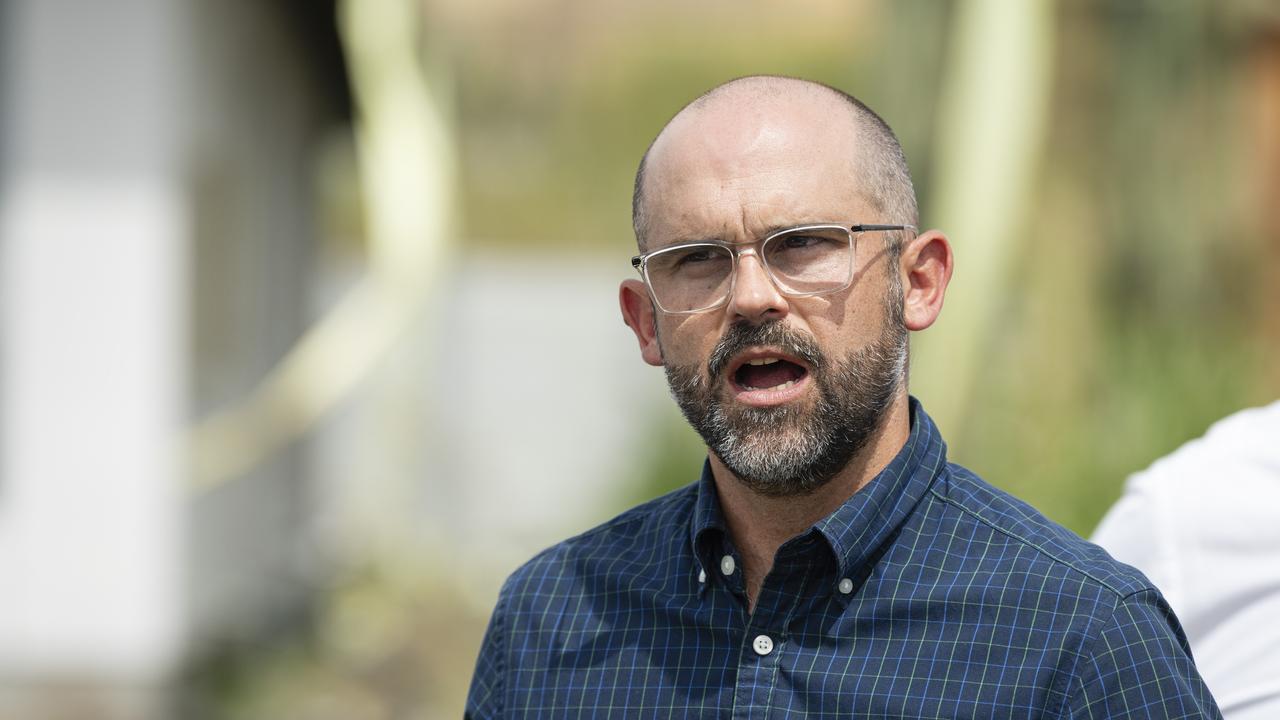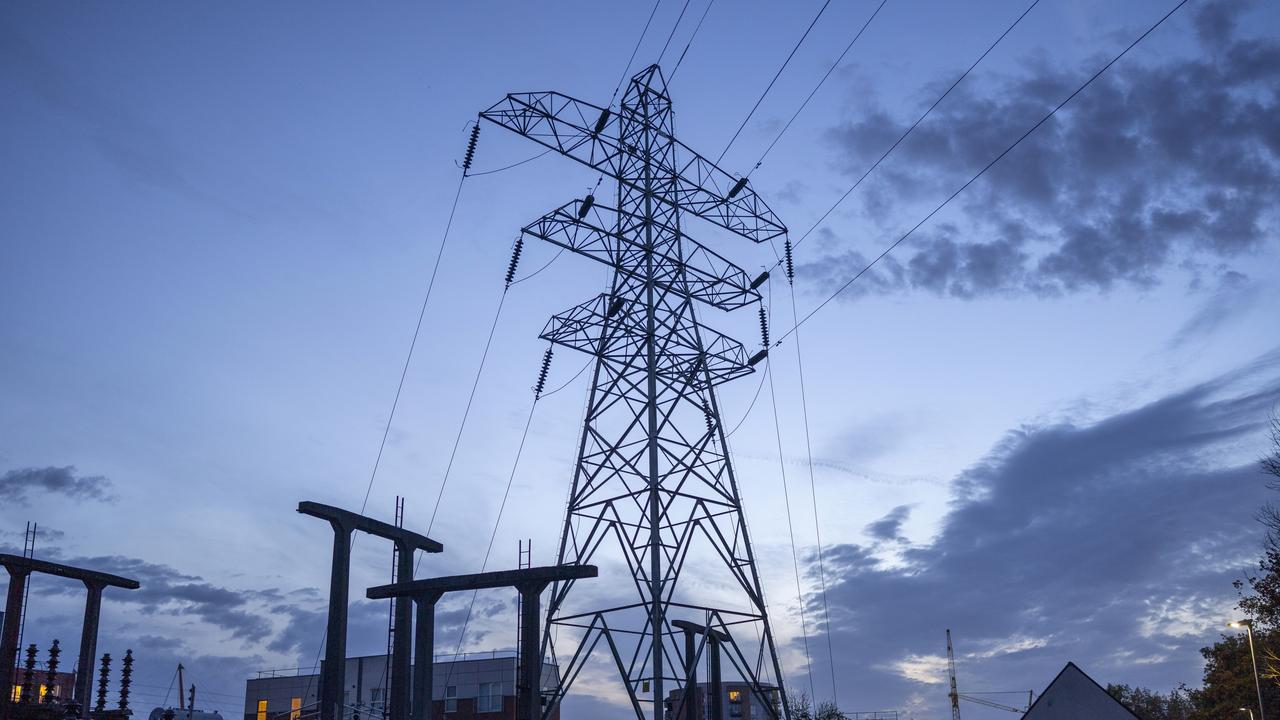Sircel boss Anthony Karam wants ASX companies to step up on e-waste recycling
Valuable commodities are being shipped abroad instead of staying in Australia because ASX companies are ignoring the world’s fastest growing waste stream.
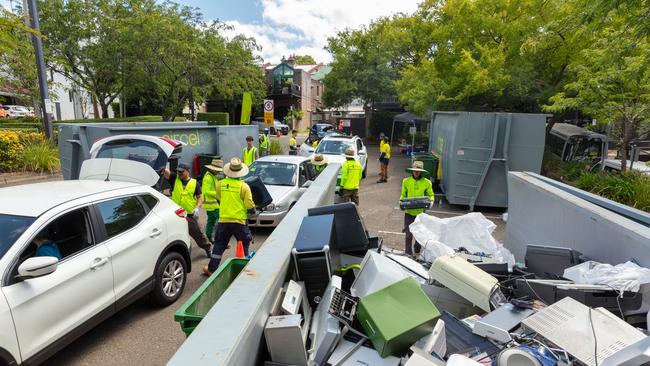
Australia’s largest companies are ignoring the world’s fastest growing waste stream, according to the boss of the country’s largest e-waste recycling processor, who warned valuable commodities are being shipped overseas due to disinterested boardrooms.
Sircel chief executive Anthony Karam said while most ASX 200 companies are committed to addressing sustainability and tackling Scope 3 emissions, little was being done to recycle discarded computers, printers, monitors and other forms of workplace technology, and extract valuable materials from them.
In 2019, Australia generated 22kg of e-waste per capita – more than double the global average. By 2030, national total e-waste is projected to hit 657,000 tonnes. Analysis by Sircel shows a gap between corporate Australia’s sustainability commitments and its handling of e-waste, with just 19 per cent of ASX 200 companies mentioning e-waste in their most recent sustainability reports.
While 76 per cent noted Scope 3 emissions – those generated by their supply chains — only one company mentioned Scope 3 emissions in relation to e-waste, despite its environmental significance.
“E-waste may be front and centre to Sircel as that’s what we do, but most ASX companies don’t think much about it,” Mr Karam told The Australian.
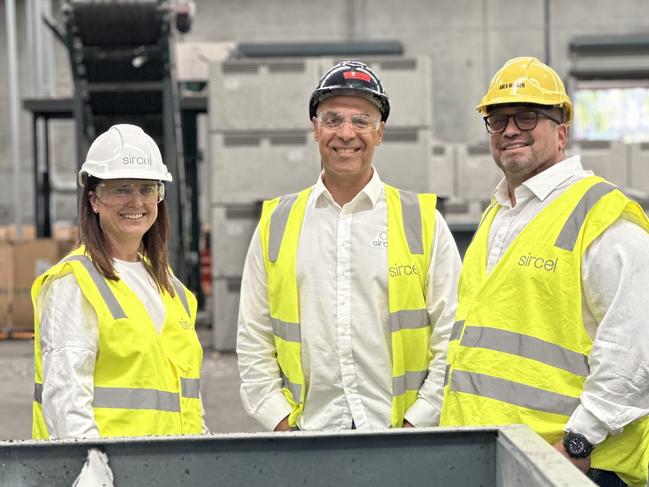
“There’s not a lot of awareness by businesses despite many making strides in sustainability. Companies need to recognise that e-waste is a unique problem that requires targeted solutions instead of being lumped in with other recycling efforts or contracts.”
He said addressing e-waste should be a key component of companies’ sustainability strategies, particularly investors increasingly demanding more comprehensive environmental, social, and governance (ESG) initiatives, but also given how much value can be extracted from e-waste and reinvested into the economy.
Most ASX companies according to Sircel lumped e-waste with other forms of recycling contracted out to major waste management companies instead of giving it the recognition it needed, which Mr Karama said would give the ability to “extract these resources and put them back in the circular economy”.
Much of this waste currently is shipped to developing countries, where it is often dumped or improperly processed, leading to severe environmental damage and health risks.
“Managing e-waste is not yet a boardroom priority in Australia – but as the world’s fastest growing waste stream – it should be,” Mr Karam said.
Sircel, which operates six recycling facilities across Victoria, New South Wales, and Queensland, has the capacity to process 100 per cent of the e-waste it receives, diverting it from landfills. The company’s modular system allows for rapid expansion, positioning it to handle Australia’s rising e-waste burden as demand grows. The company plans to be one of the first e-waste recyclers globally to be accredited under international carbon credit schemes, which could further incentivise companies to choose certified e-waste processors.
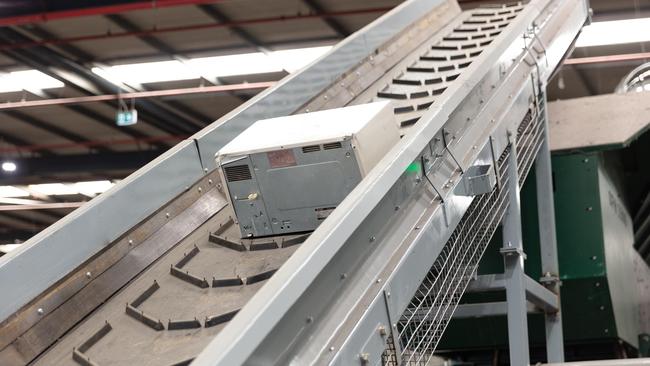
“With our model, we can quickly scale up to meet demand and that reduces the investment risk by not needing to spend half a billion dollars on a massive facility upfront; instead, expansion only occurring based on confirmed demand,” Mr Karam said.
The group’s Plugging Australia’s E-waste Gap report launched to coincide with International E-waste Day on October 14 showed 70 per cent of Australians surveyed want their e-waste recycled domestically, which could allow for the recovery of valuable materials, such as precious metals, to be reinvested into the Australian economy.
Mr Karam said the government also needed to do more by overhauling recycling laws nationally with current settings too confusing or challenging to navigate for many businesses (and households) due to strong variations between regions.
“To continue to ignore the valuable commodities locked up in e-waste – instead sending this perceived ‘rubbish’ to landfill or worse, offshore, is a cheaper and more convenient option, but the benefits are short-term, and it will only snowball,” he said.
“When businesses have a heightened awareness, and if treated the right way then there is an ability to extract these resources and put them back in the circular economy.”
He added that e-waste should be part of Labor’s flagship Future Made in Australia policy, adding that there were a lot of valuable commodities that could be salvaged from e-waste without having to be mined.
“We can get all these commodities regenerated from the e-waste we currently produce, and we can do that in a way that avoids traditional mining,” he said.
“It baffles me that the government doesn’t see an industry that has demonstrated delivery capability and does not want to back facilities in every major city of Australia especially when they talk about wanting to back made in Australia and keeping rare commodities back in the country.”



